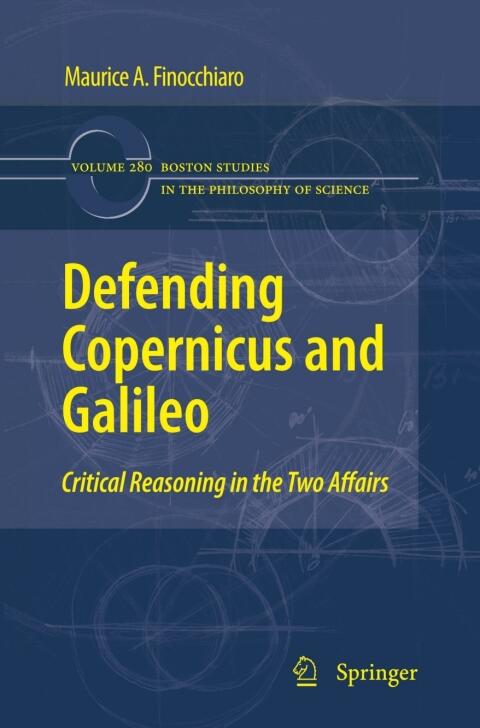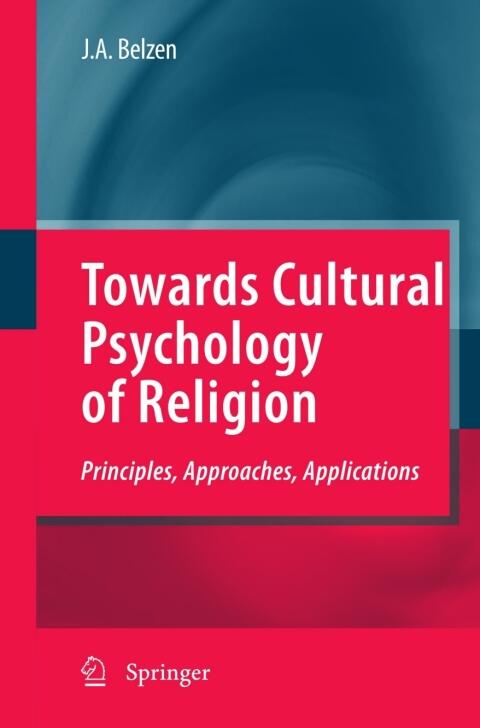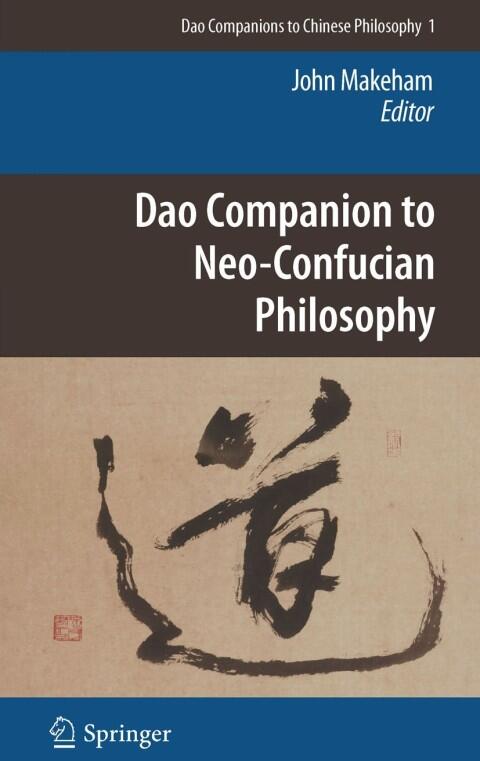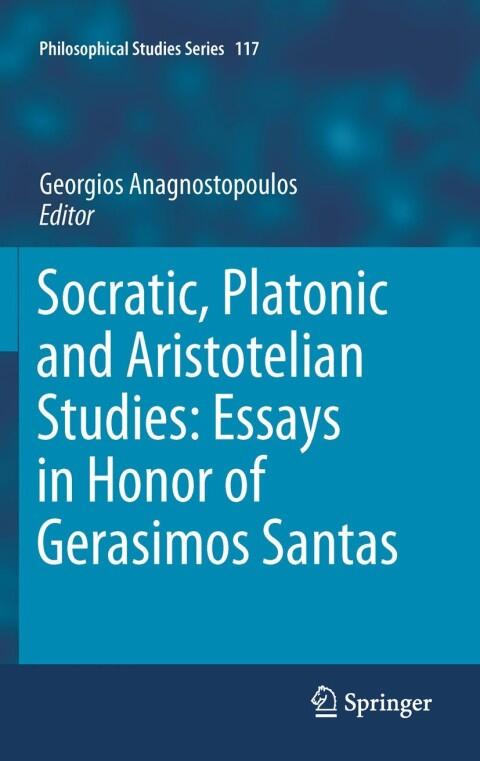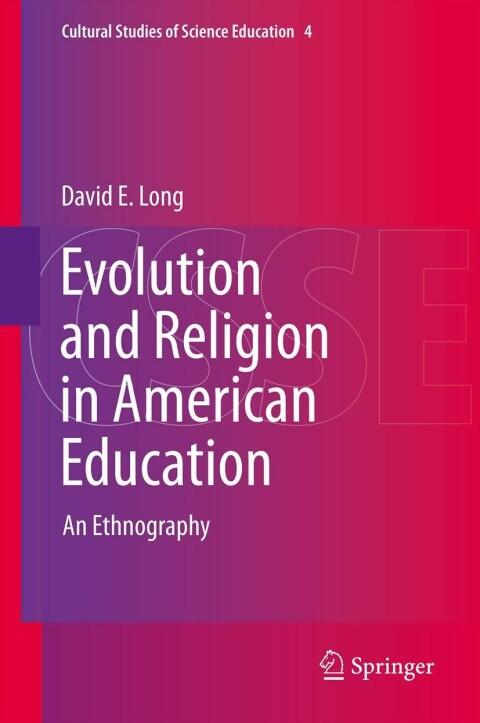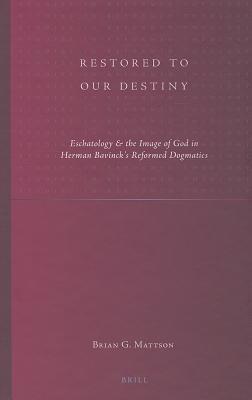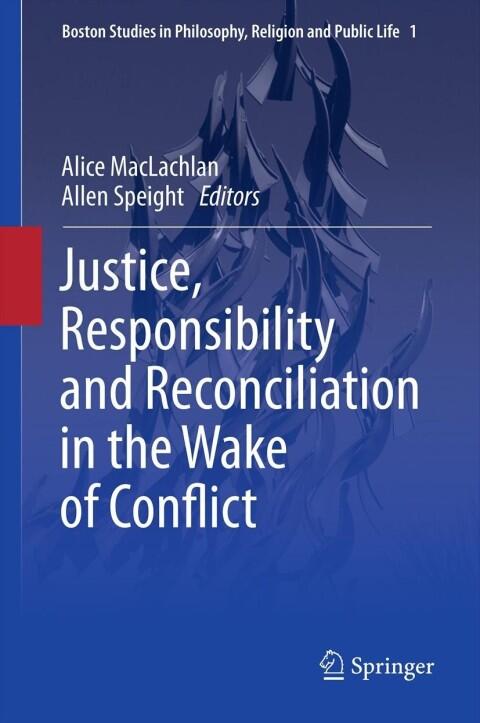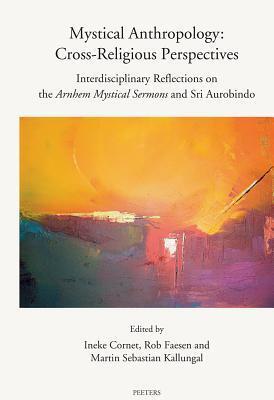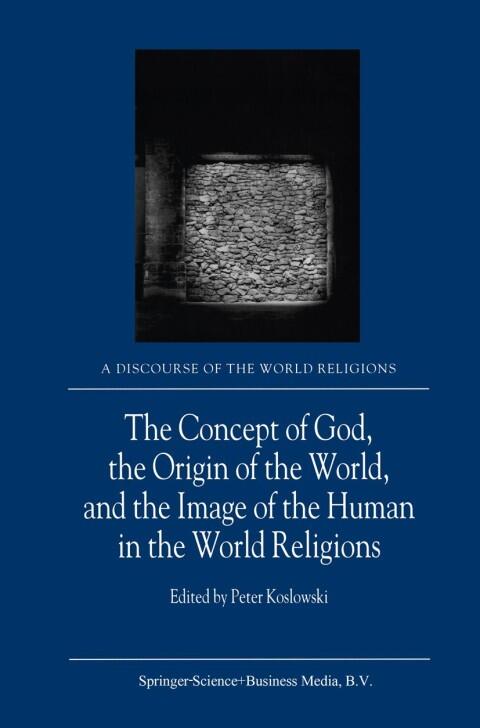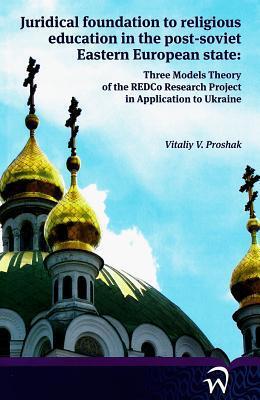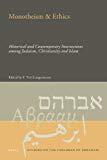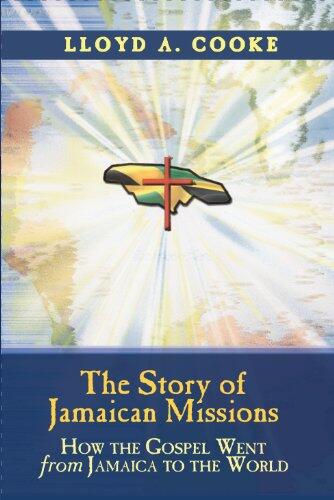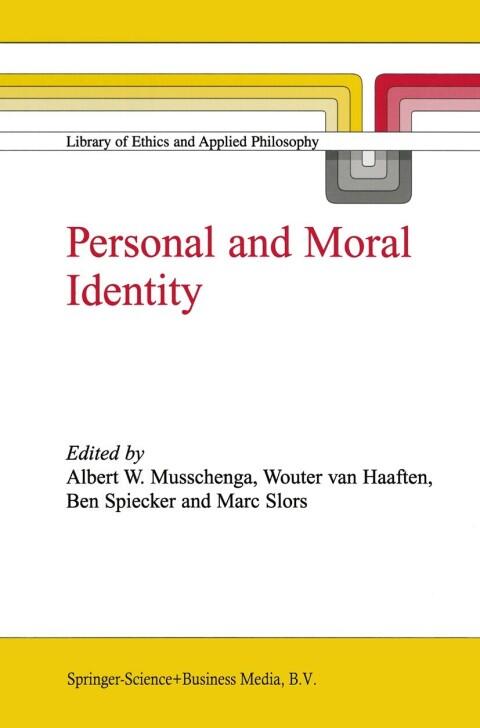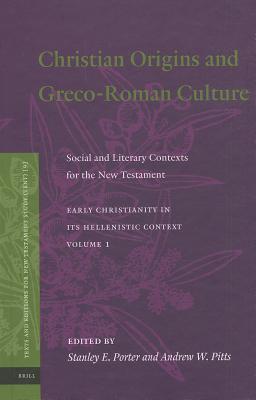
Christian Origins and Greco-Roman Culture: Social and Literary Contexts for the New Testament
아직 평점이 없습니다
Religion & Spirituality
History
형식
하드커버
페이지
764
언어
영어
출판됨
Jan 1, 2012
출판사
Brill
ISBN-10
9004234160
ISBN-13
9789004234161
설명
Stanley E. Porter delves into the intricate relationship between early Christianity and Greco-Roman culture, illuminating the social and literary contexts that influenced the formation of the New Testament. Through a thorough examination of historical and cultural factors, Porter reveals how the beliefs and practices of this period shaped the texts that would become foundational to Christian faith.
The book intricately weaves together various aspects of Greco-Roman life, including philosophical thought, social structures, and literary traditions. By situating the New Testament writers within their contemporary milieu, Porter offers readers a nuanced understanding of how these influences are reflected in the writings. The interplay between the divine and the everyday is explored, shedding light on the motivations behind the texts.
Porter's analysis not only provides a backdrop for understanding early Christian thought but also raises important questions about the transmission of ideas across cultures. The implications of these connections resonate throughout the history of Christianity, inviting readers to reassess the origins of the faith and its evolution over time.
This work stands out for its comprehensive approach, making it an essential resource for scholars and students alike. Porter's scholarship highlights the complexity of early Christian identity while simultaneously celebrating the richness of the cultural tapestry surrounding it.
The book intricately weaves together various aspects of Greco-Roman life, including philosophical thought, social structures, and literary traditions. By situating the New Testament writers within their contemporary milieu, Porter offers readers a nuanced understanding of how these influences are reflected in the writings. The interplay between the divine and the everyday is explored, shedding light on the motivations behind the texts.
Porter's analysis not only provides a backdrop for understanding early Christian thought but also raises important questions about the transmission of ideas across cultures. The implications of these connections resonate throughout the history of Christianity, inviting readers to reassess the origins of the faith and its evolution over time.
This work stands out for its comprehensive approach, making it an essential resource for scholars and students alike. Porter's scholarship highlights the complexity of early Christian identity while simultaneously celebrating the richness of the cultural tapestry surrounding it.
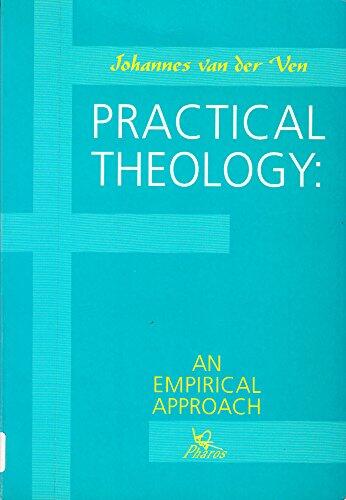
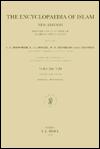

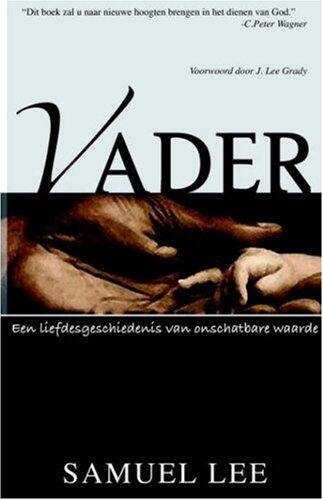
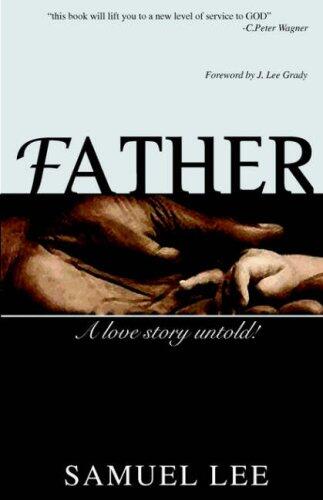
![[Ethical Principles and Economic Transformation - A Buddhist Approach (Issues in Business Ethics)] [Author: x] [May, 2011]](https://images.bookpine.com/bd815e9c-ead9-4e64-bfb5-aea659b2460b.jpg)
